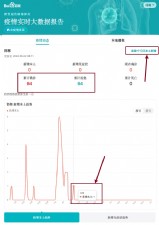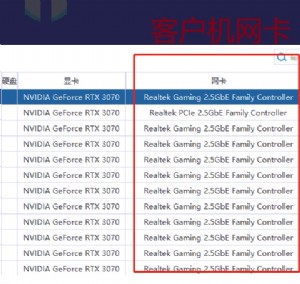详解Linux系统内核抢占补丁的相关原理
68239">
c = weight, next = p;
}
}
/* Do we need to re-calculate counters? */
if (!c)
goto recalculate;
/*
* from this point on nothing can prevent us from
* switching to the next task, save this fact in
* sched_data.
*/
sched_data->curr = next;
#ifdef CONFIG_SMP
next->has_CPU = 1;
next->processor = this_CPU;
#endif
spin_unlock_irq(&runqueue_lock);
if (prev == next)
goto same_process;
#ifdef CONFIG_SMP
/*
* maintain the per-process 'last schedule' value.
* (this has to be recalculated even if we reschedule to
* the same process) Currently this is only used on SMP,
* and it's approximate, so we do not have to maintain
* it while holding the runqueue spinlock.
*/
sched_data->last_schedule = get_cycles();
/*
* We drop the scheduler lock early (it's a global spinlock),
* thus we have to lock the previous process from getting
* rescheduled during switch_to().
*/
#endif /* CONFIG_SMP */
kstat.context_swtch++;
/*
* there are 3 processes which are affected by a context switch:
*
* prev == .... ==> (last => next)
*
* It's the 'much more previous' 'prev' that is on next's stack,
* but prev is set to (the just run) 'last' process by switch_to().
* This might sound slightly confusing but makes tons of sense.
*/
prepare_to_switch();
{
struct mm_struct *mm = next->mm;
struct mm_struct *oldmm = prev->active_mm;
if (!mm) {
if (next->active_mm) BUG();
next->active_mm = oldmm;
atomic_inc(&oldmm->mm_count);
enter_lazy_tlb(oldmm, next, this_CPU);
} else {
if (next->active_mm != mm) BUG();
switch_mm(oldmm, mm, next, this_CPU);
}
if (!prev->mm) {
prev->active_mm = NULL;
mmdrop(oldmm);
}
}
/*
* This just switches the register state and the
* stack.
*/


本文来源:不详 作者:佚名


 天下网吧·网吧天下
天下网吧·网吧天下







